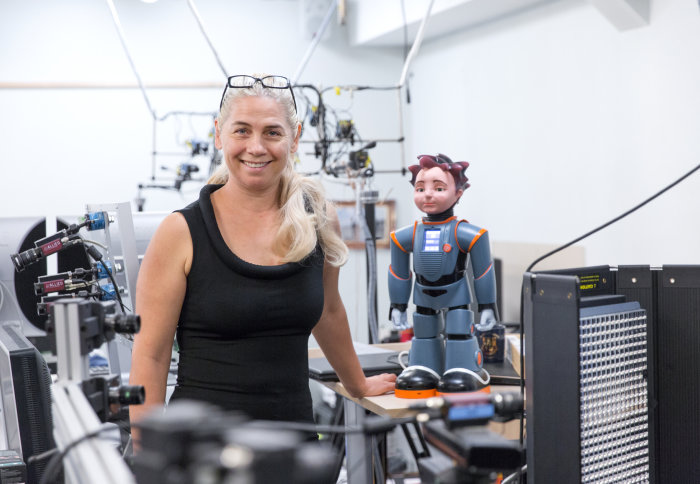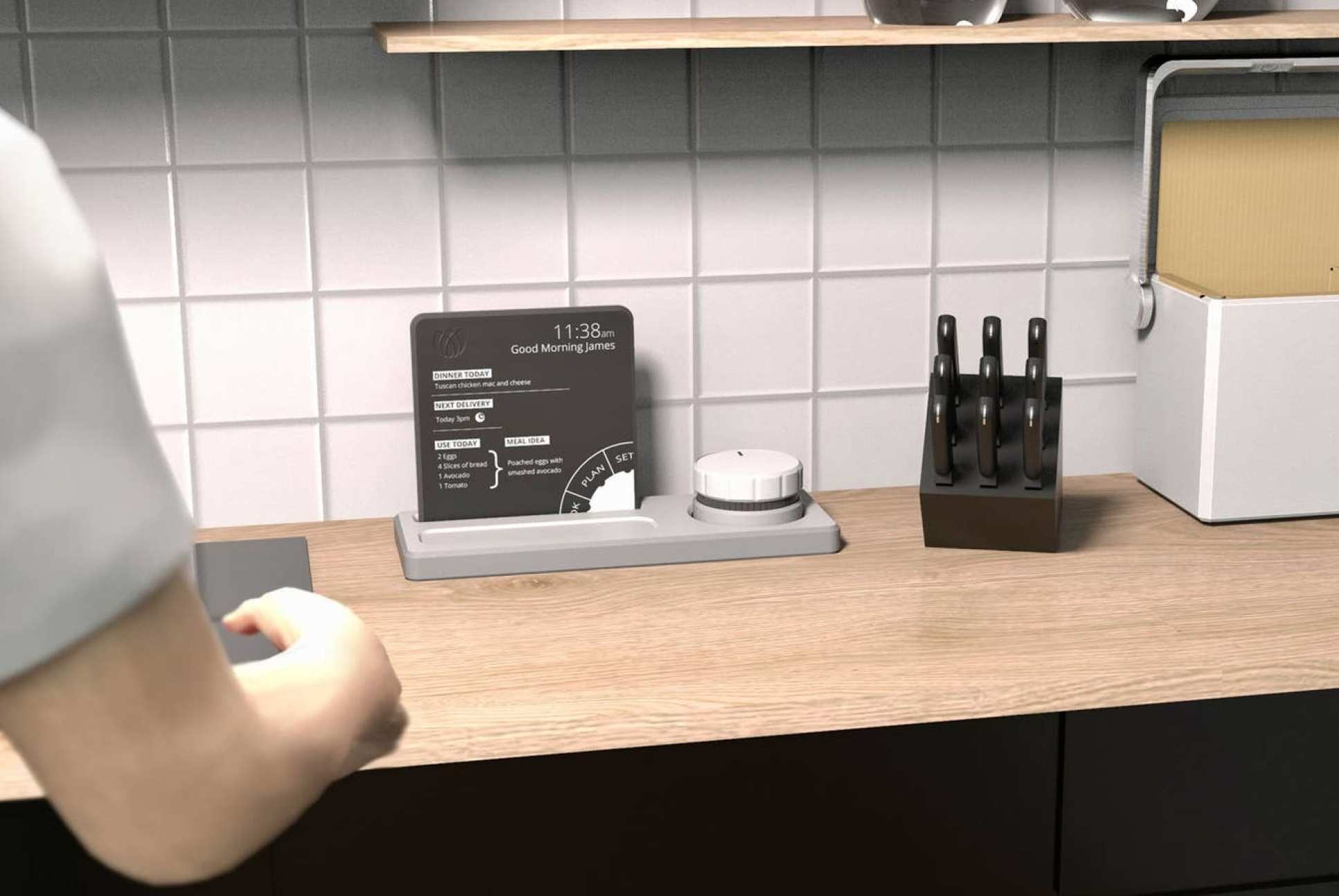Imperial academics and graduates named among most influential Londoners

Maja Pantic, Professor of Affective and Behavioral Computing
Imperial’s community has been celebrated in the Progress 1000, the Evening Standard’s annual celebration of London’s most influential people.
From AI to driverless cars, and cyber security to biotechnology, Imperial’s academics, innovators and entrepreneurs have been recognised for their contribution to London life.
The theme of this year’s list is the future and technology, embracing whole new sectors including augmented and virtual reality and cyber security.
Behavioural computing and driverless cars
Named in the list of influential people working in Engineering were Professor Maja Pantic and Leslie Nooteboom.
Professor Pantic is a Professor of Affective and Behavioural Computing at Imperial and Research Director of the Samsung AI Centre in Cambridge. An expert on machine analysis of human non-verbal behaviour, Professor Pantic’s work includes leading research development at Imperial of a two-door tall robot called Zeno that mimics facial expressions to help children with autism learn how to convey emotion, reported on in the Evening Standard. She has also done work on "deep-fake", where computer software is used to combine and superimpose images and footage onto existing videos.

Leslie Nooteboom, Innovation Design Engineering graduate is the co-founder of Humanising Autonomy. Leslie and his team have developed AI software that teaches driverless cars to avoid hitting pedestrians by calculating what humans will do as they cross a road, such as whether a person is about to step into the street, if they’re on the phone, and whether they have noticed the car.
This summer they sealed a £4 million funding round amid huge interest in their “intent prediction” technology and their technology was covered in the Evening Standard. They hope that their technology will allow driverless cars to make better decisions, improving their safety and boosting the public’s confidence in them.
Connected kitchens and lobster shell plastic
Co-founders of Lettuce Labs Joseph Shepherd, Ben Cobley and Nirav Ganju-Cass, graduates from the Dyson School of Design Engineering, were named for their contribution to biotechnology. Lettuce Labs aims to prevent London throwing away nearly 900,000 tonnes of food a year through a “connected kitchen” where smart devices, including food scales, keep track of ingredients and when they go out of date.

Connected to the internet of things, and equipped with personal assistant Chef, the kitchen tracks eating and buying habits. Using scales, it keeps track of how much of each ingredient is left in fridges and cupboards. It uses the data to re-order food, connects the bin to a biogas plant, which recycles unavoidable food waste, and recommends recipes based on nutritional needs and availability of ingredients.
Innovation Design Engineering student Amir Afshar was highlighted in the biotech list for his work co-founding of Shellworks. Shellworks uses chemistry to turn lobster shells thrown away in London restaurants into plastic strong enough to be used as coffee cups. As part of an extraction process involving heat and vinegar, a keratin-like material produced by lobsters called chitin has been found to be tough enough to make drinking cups that can be quickly broken down through recycling.

AI expert
Imperial’s Vice-Provost (Research and Enterprise) Professor Nick Jennings was named in the list of notable people in the field of cyber security. Professor Jennings is an AI expert and responsible for the College’s research performance. His research focuses on autonomous systems, cyber security and agent-based computing.
He recently gave evidence to the Business, Energy and Industrial Strategy (BEIS) Committee for a report on automation and the future of work, saying he believes that the UK could lead the world in robotics and automation.
Tech titan
Dr Ling Ge, former Visiting Fellow at Imperial’s Data Science Institute and now Chief European representative at Tencent was named as a ‘Tech Titan.’ She leads the Chinese tech investment firm’s efforts in Europe, focusing on strategic investment and partnerships with technology start-ups, universities, governments and industry around Europe. She also serves as a board director and advisory board member for several venture capital and technology firms, providing expertise on areas such as AI, quantum computing and education.
Article text (excluding photos or graphics) © Imperial College London.
Photos and graphics subject to third party copyright used with permission or © Imperial College London.
Reporter
Joanna Wilson
Communications Division